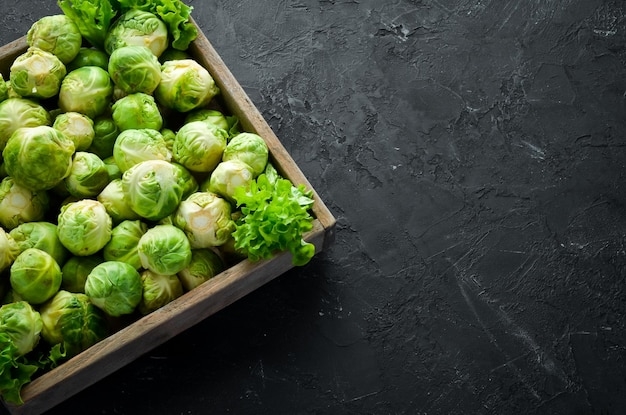Mushrooms are edible fungi that are widely consumed all around the world. Apart from being low in calories and fat, they are known for their health benefits, including providing fiber, vitamin D, and antioxidants. Let’s explore these benefits in more detail.
Fiber in Mushrooms
Fiber is essential for maintaining good digestive health. According to the USDA Food Composition Database, 100g of mushrooms contains around 1.5-2.5g of fiber, depending on the type of mushrooms. This amounts to between 4-7% of the daily recommended fiber intake. Additionally, mushrooms are a low-calorie food, meaning that they can help with weight management.
Vitamin D in Mushrooms
Another significant benefit of mushrooms is that they are one of the few food sources of vitamin D. Most of the vitamin D in mushrooms is in the form of D2, which is not as potent as the D3 form found in animal products. Nevertheless, 100g of mushrooms can provide 5-10% of the daily recommended intake of vitamin D for adults. It is important to note that vitamin D levels in mushrooms can vary depending on how they are grown and exposed to light.
Antioxidants in Mushrooms
Mushrooms are also a rich source of antioxidants, including selenium, ergothioneine, and glutathione. Antioxidants are important compounds that can protect the body from oxidative stress and prevent damage to cells. Additionally, some studies have suggested that certain antioxidants in mushrooms may have anti-cancer properties.
Other Nutrients in Mushrooms
Mushrooms are also a good source of other nutrients, including:
- Potassium
- Copper
- Phosphorus
- Vitamin B2 (Riboflavin)
- Vitamin B3 (Niacin)
- Vitamin B5 (Pantothenic acid)
- Vitamin B6 (Pyridoxine)
- Vitamin B9 (Folate)
FAQs
1. Are mushrooms suitable for vegetarians and vegans?
Yes, mushrooms are a great addition to vegetarian and vegan diets as they can provide several nutrients that are typically found in animal products.
2. Can mushrooms provide enough vitamin D on their own?
Mushrooms can provide some vitamin D, but it may be difficult to rely completely on mushrooms to meet daily vitamin D requirements. Sun exposure and fortified foods may also be good sources of vitamin D.
3. Are all mushrooms equally nutritious?
No, different types of mushrooms can vary in their nutrient content. For example, shiitake mushrooms are particularly high in B-vitamins, while portobello mushrooms are a good source of potassium.
4. How should I store mushrooms?
Mushrooms can be stored in a paper bag in the refrigerator. Avoid storing them in plastic as this can cause them to become moist and spoil more quickly.
5. Can mushrooms be eaten raw?
Most types of mushrooms can be eaten raw, but some people may find them difficult to digest. Cooking mushrooms can help to break down the tough cell walls and make them easier to digest.
6. Can mushrooms help with weight loss?
Mushrooms are low in calories and fat, making them a good food to include in a weight loss diet. Additionally, the fiber content in mushrooms can help to promote feelings of fullness.
7. Can mushrooms be used as a meat substitute?
Yes, mushrooms can be a good substitute for meat in vegetarian and vegan recipes. Their meaty texture and umami flavor make them a versatile ingredient.
8. Can mushrooms be harmful?
Most types of mushrooms are safe to eat, but some wild mushrooms can be toxic and cause serious illness or death. It is important to only consume mushrooms that have been properly identified as safe to eat.
9. Can mushrooms be grown at home?
Yes, mushrooms can be grown at home using mushroom growing kits or by purchasing mushroom spawn and growing medium.
10. How can I incorporate more mushrooms into my diet?
Mushrooms can be added to soups, salads, stir-fries, and pasta dishes. They can also be used as a substitute for meat in burgers and tacos.
Conclusion
Mushrooms are a nutritious food that can provide fiber, vitamin D, antioxidants and other important nutrients. They are also versatile and can be prepared in many different ways. Whether eaten raw or cooked, mushrooms are a great addition to any healthy diet.

















































